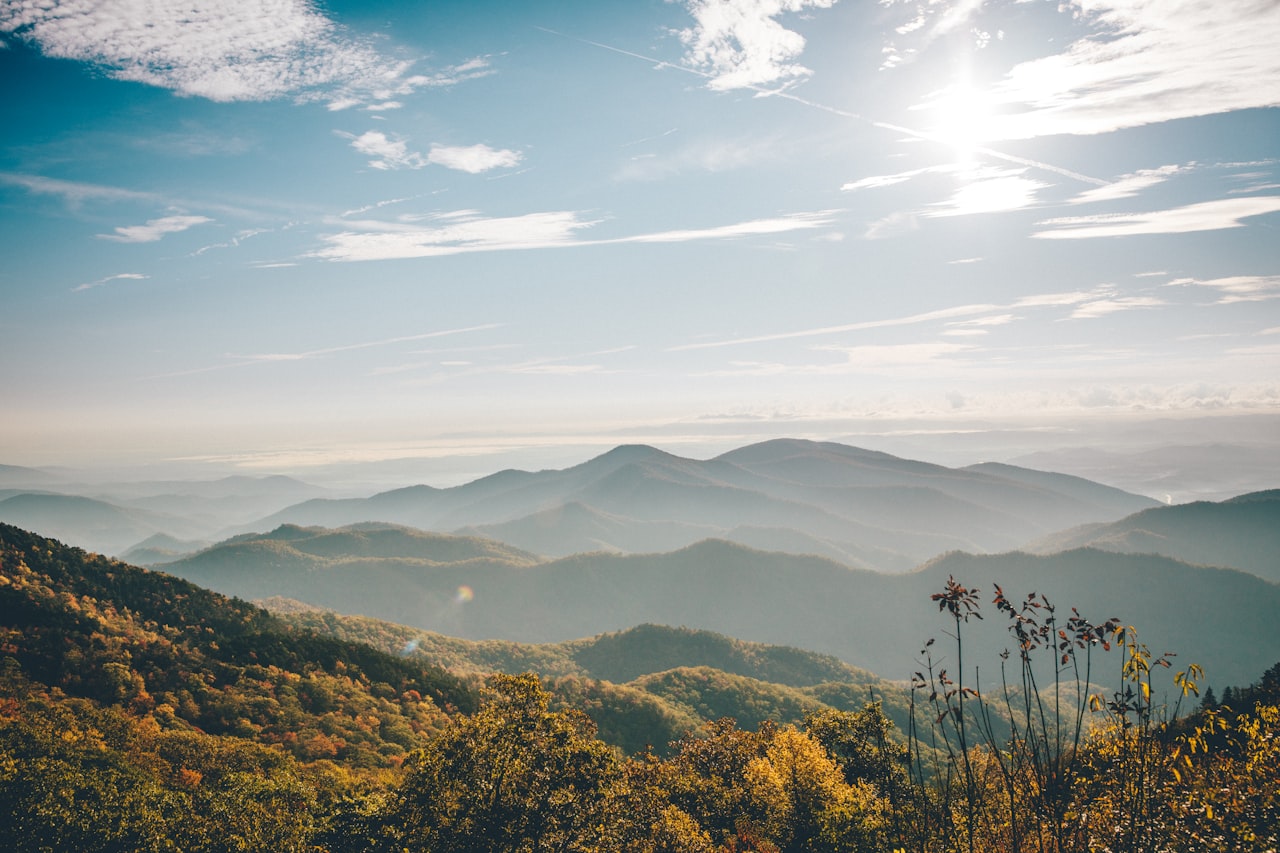2024–2025 Season Dates 2024 NC Dove Season Starts September 2nd


September is just around and the corner and with it comes the start of hunting season. Legacy Farms and Ranches of North Carolina would like to share with you one of our favorite fall events starting Labor Day weekend, the opening of dove season. Preparing for dove season involves several key steps to ensure a successful and enjoyable experience.
Here's a comprehensive guide to help you get ready for your dove hunt:
Understand Regulations and Dates
First Segment: September 2 - October 5
Second Segment: November 9 - November 30
Third Segment: December 16 - January 31
The daily bag limit for mourning and white-winged doves is 15 birds, with a possession limit of 45 birds (North Carolina Wildlife Resources Commission)
Licenses and Permits: Ensure you have the required hunting license and any specific permits for dove hunting. In North Carolina, you'll need a hunting license and a Migratory Game Bird (HIP) certification (HuntingSeasons.Org).
Shotgun: A 12 or 20-gauge shotgun is commonly used for dove hunting. Ensure your shotgun is in good working condition.
Ammunition: Use appropriate ammunition, typically 7.5 to 9 shot size. It's important to practice with your shotgun before the season starts.
Clothing: Wear camouflage or neutral-colored clothing to blend into the environment. A hat and sunglasses can help protect you from the sun.
Safety Gear: Ear and eye protection are essential for safety.
Additional Equipment: Bring a hunting vest or a shell bag to carry extra ammunition and harvested birds. A cooler with ice can help keep your harvested doves fresh.
Fields and Water Sources: Doves are often found near agricultural fields, water sources, and roosting areas. Look for places where doves feed, drink, and rest.
Permission: If hunting on private land, make sure to get permission from the landowner.
Clay Targets: Practicing with clay targets can help improve your shooting accuracy and reaction time.
Shooting Range: Spend time at a shooting range to become proficient with your shotgun.
Decoys: Using dove decoys can attract birds to your location. Place them in open areas where doves can see them from a distance.
Blinds: Portable blinds or natural cover can help conceal your position.
Timing: Doves are most active during early morning and late afternoon. Plan your hunt during these peak times.
Stay Mobile: If doves are not flying in one area, be prepared to move to another location.
Retrieve Birds: Bring a dog trained to retrieve birds or be prepared to retrieve them yourself.
Know Your Target: Always identify your target and what lies beyond it before shooting.
Follow Rules: Adhere to all hunting regulations and ethical practices.
Leave No Trace: Clean up after yourself, including spent shells and any litter.
Field Dressing: Learn how to properly clean and store your harvested doves.
Cooking and Recipes: Look up recipes to prepare delicious meals with your dove harvest.
For more detailed information and resources, you can refer to guides from the North Carolina Wildlife Resources Commission. https://www.ncwildlife.org/
By preparing thoroughly and following these steps, you can enhance your dove hunting experience and ensure it is safe, legal, and enjoyable. Legacy Farms and Ranches wish you great success afield this fall!






Every sportsman has his or her own style when it comes to using dogs as hunting companions.


Discover museums highlighting North Carolina's mineral resources and gem industries.

Rocky Mount residents, according to legislation, are required to pay a property tax on their dogs.
If you have a unique country home, hunting or fishing land, or other premier North Carolina property for sale, call Legacy Farms and Ranches today to learn how they can help you market your property to thousands of discerning viewers across the country.